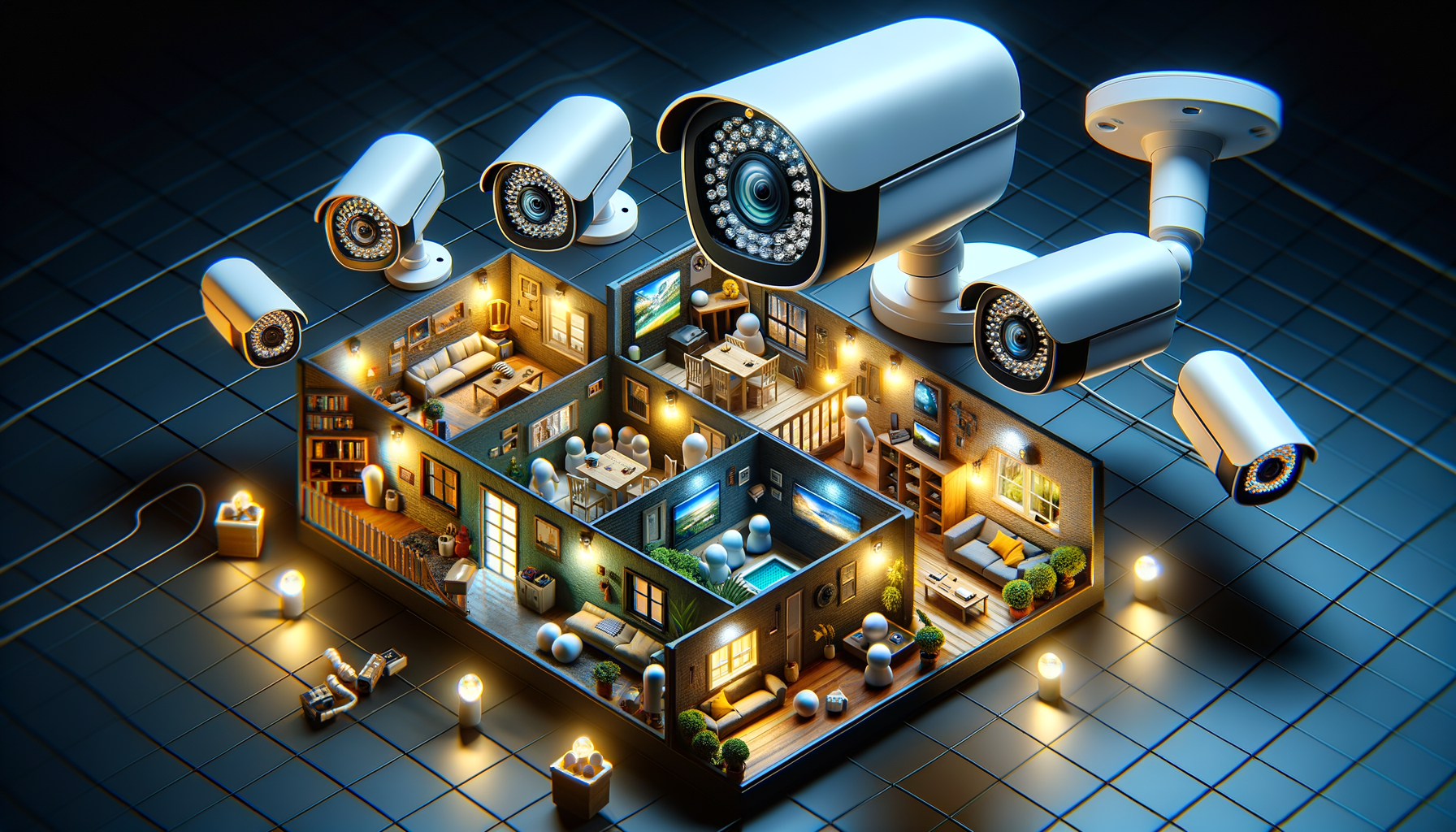The Evolution of 24/7 Nursing Services
The healthcare landscape has witnessed significant transformations over the decades, with 24/7 nursing services emerging as a crucial component of modern medical care. Historically, nursing was confined to daytime hours, leaving patients vulnerable during nights and weekends. The evolution towards round-the-clock nursing was driven by the growing recognition of the importance of continuous care. This shift ensures that patients receive consistent monitoring, timely interventions, and emotional support, regardless of the hour.
In recent years, advancements in medical technology and an increased understanding of patient needs have further propelled the demand for 24/7 nursing. Hospitals and healthcare facilities have embraced this model to enhance patient outcomes and satisfaction. Continuous nursing care is particularly vital in critical care units, where patient conditions can change rapidly, necessitating immediate attention.
The implementation of 24/7 nursing services also reflects broader societal changes, such as the increasing prevalence of chronic illnesses and an aging population. These factors have heightened the need for comprehensive and uninterrupted healthcare solutions. By offering around-the-clock nursing, healthcare providers can better manage these complex challenges, ultimately improving the quality of life for their patients.
Benefits of 24/7 Nursing Services
24/7 nursing services offer a multitude of benefits that extend beyond basic medical care. One of the primary advantages is the assurance of immediate response to patient needs. In emergency situations, having a nurse available at all times can be life-saving. This constant presence also alleviates anxiety for patients and their families, knowing that professional care is just a call away.
Moreover, continuous nursing support facilitates better management of chronic conditions. Nurses can monitor patients closely, adjust treatment plans as necessary, and provide education on managing their health effectively. This proactive approach helps to prevent complications and hospital readmissions, contributing to more sustainable healthcare systems.
Another significant benefit is the emotional and psychological support that 24/7 nursing provides. Patients often experience fear and uncertainty during hospital stays, and having a compassionate nurse available at all times can make a substantial difference in their emotional well-being. This human touch is an integral part of holistic care, promoting healing and recovery.
- Immediate response to emergencies
- Enhanced management of chronic conditions
- Emotional and psychological support
- Reduction in hospital readmissions
Challenges in Implementing 24/7 Nursing Services
While the benefits of 24/7 nursing services are clear, implementing such a model presents several challenges. One of the primary obstacles is staffing. Ensuring that there are enough qualified nurses to cover all shifts requires careful planning and resource allocation. This can be particularly challenging in rural or underserved areas where healthcare professionals are already in short supply.
Financial constraints also pose a significant hurdle. Round-the-clock nursing care necessitates increased funding for salaries, training, and infrastructure. Healthcare facilities must balance these costs with the need to provide high-quality care. This often requires innovative solutions, such as leveraging technology to support nursing staff and streamline operations.
Additionally, the physical and emotional demands on nurses working in a 24/7 environment can lead to burnout. Healthcare organizations must prioritize the well-being of their staff by offering support systems, flexible scheduling, and opportunities for professional development. Addressing these challenges is essential to ensuring the sustainability and effectiveness of 24/7 nursing services.
- Staffing shortages
- Financial constraints
- Risk of nurse burnout
- Need for innovative solutions
Technological Advancements Supporting 24/7 Nursing
Technology plays a pivotal role in supporting 24/7 nursing services, enhancing both efficiency and patient care. Innovations such as electronic health records (EHRs) allow nurses to access and update patient information in real-time, facilitating seamless communication across shifts. This ensures that all healthcare providers are informed of a patient’s condition and treatment plan, reducing the risk of errors.
Telehealth services have also become an invaluable tool in the 24/7 nursing model. Nurses can provide remote consultations, monitor patients’ vitals, and offer guidance, all from a distance. This not only expands access to care but also allows nurses to manage their workload more effectively, focusing on patients who require in-person attention.
Furthermore, wearable technology and mobile health apps empower patients to take an active role in their healthcare. These devices can track vital signs, medication adherence, and other health metrics, providing nurses with valuable data to inform care decisions. As technology continues to evolve, it will undoubtedly play an increasingly integral role in the future of 24/7 nursing services.
- Electronic health records (EHRs)
- Telehealth services
- Wearable technology
- Mobile health apps
The Future of 24/7 Nursing Services
As healthcare continues to evolve, the future of 24/7 nursing services looks promising. The integration of artificial intelligence (AI) and machine learning into healthcare practices holds the potential to revolutionize nursing care. AI can assist in diagnosing conditions, predicting patient outcomes, and personalizing treatment plans, allowing nurses to focus more on direct patient care.
Moreover, the growing emphasis on preventive care and wellness will likely influence the role of 24/7 nursing. Nurses will play a crucial role in educating patients on healthy lifestyles and preventative measures, reducing the incidence of chronic diseases and improving overall public health.
Collaboration among healthcare professionals will also be key to the success of 24/7 nursing services. Interdisciplinary teams can provide comprehensive care, addressing the physical, emotional, and social aspects of health. As the healthcare landscape continues to change, 24/7 nursing services will remain a cornerstone of patient-centered care, adapting to meet the ever-evolving needs of society.
- Integration of artificial intelligence
- Emphasis on preventive care
- Interdisciplinary collaboration
- Patient-centered care



Leave a Reply